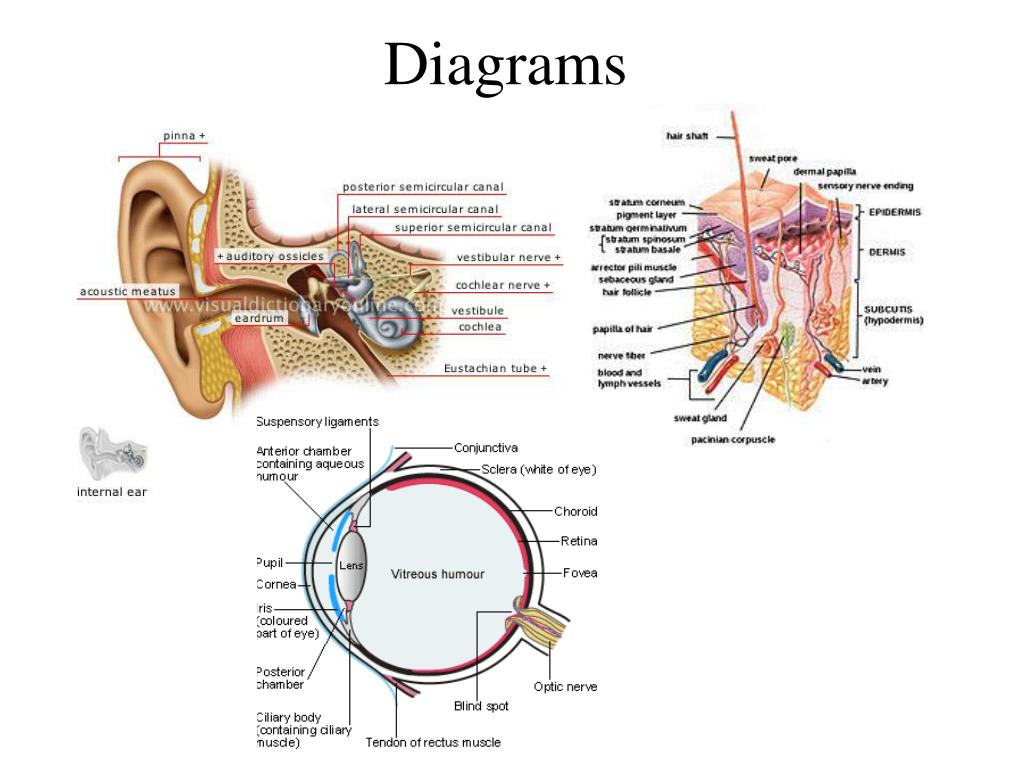
Getting back into balance and reducing sympathetic overload can enhance your overall health and well-being.Īn overactive sympathetic nervous system and its physical and emotional symptomsĮxcessive sympathetic overload is a state in which the sympathetic nervous system becomes excessively activated, leading to a prolonged state of stress. However, it is important to note the sympathetic nervous system is not inherently “evil,” and it serves a crucial function in the body’s defence mechanisms. This can lead to a state of chronic stress and overactivity of the sympathetic nervous system and have negative and long-lasting impacts on physical and mental health. In everyday life, the sympathetic nervous system is activated by events such as public speaking, a deadline at work, or a tense conversation, even if the situation doesn’t pose an actual physical threat. This rapid response is designed to help the body respond quickly and effectively to potential danger. It is often referred to as the “fight or flight” system, as it prepares the body to react to perceived threats by increasing heart rate, dilating pupils, tightening muscles, and diverting blood away from the digestive system and towards the limbs. Your sympathetic nervous system activity plays a critical role in balancing your body functions in response to stress, danger, or other stimuli. The role of the sympathetic nervous system and its response to stress The Parasympathetic Nervous System (PNS).It is crucial for essential functions such as our heartbeat, digestion and breathing – all taking place without conscious thought. The Autonomic Nervous System (ANS) is a complex network of nerves responsible for regulating the function of our organs and muscles.

Understanding the two branches of the Autonomic Nervous System Simple lifestyle changes can help you bring balance to your nervous system and correct what is termed sympathetic overload. Unfortunately, due to constant modern-day stress, many people experience an overactive nervous system, leading to digestive problems, sleep disturbances, and oral health issues. Balance of these crucial systems is required to experience good health. The parasympathetic nervous system (PNS) is an autonomic nervous component responsible for the “rest and digest” response. The sympathetic nervous system is responsible for the body’s “fight or flight” response and takes over in dangerous situations.


 0 kommentar(er)
0 kommentar(er)
